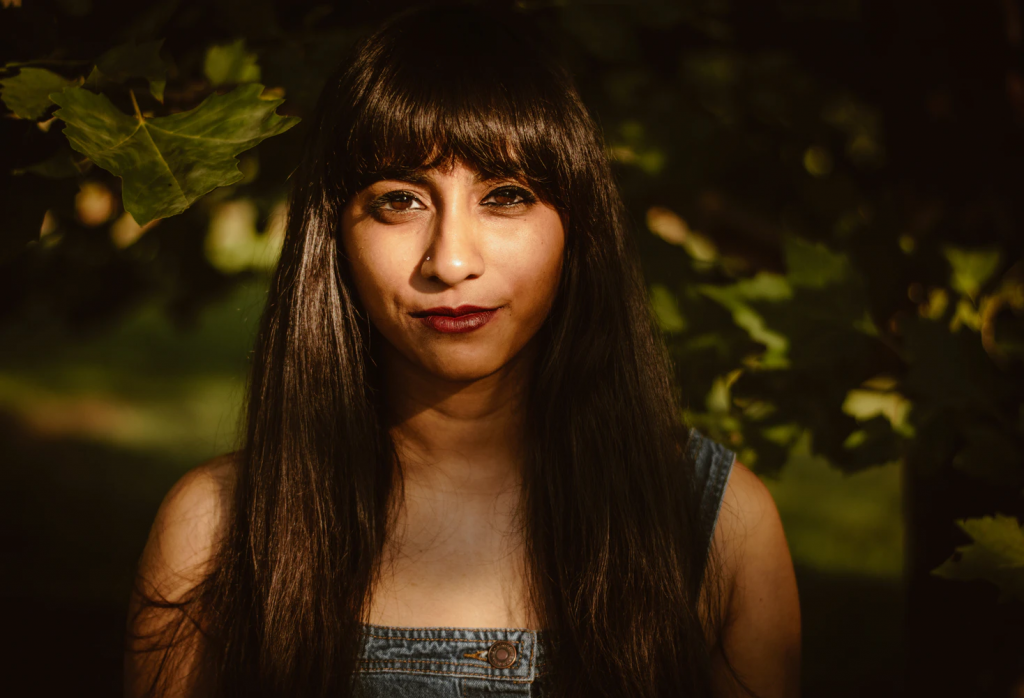
A veil of controversy covers the beauty industry. From questionable ethics in testing and production to its stark lack of inclusivity, there are many reasons why beauty is not as accessible as it may seem. Despite millions of beauty products all over the globe, only a handful of recent additions address the need to diversify products, advertisements, and advocacy. But even then, it still falls short of many things.
Now is the prime time to step up and address the lack of representation of brown-skinned women in beauty adverts and product lines. You can utilize both online and offline platforms to springboard talk about inclusivity. For example, social media’s structure, which enables virality, is a powerful tool to get important topics trending. You can host events with the help of professionals like Landmark Event, who’ll prepare everything to create successful masterclasses, dinners, talks, and other social gatherings to inform an audience of influential people.
An Influential Audience Has a Loud Voice
You may not think that private beauty functions will have much of an effect on the industry as opposed to social media, but they do. For one, inviting people that can directly influence and shake things up in the industry will speak high volumes. Invite influencers, beauty ambassadors, CEOs, advertising professionals — everyone involved in the life cycle of a product’s creation, campaign, and management.
By making them realize that the beauty industry has been making mistakes for decades and that it is up to them to make things right, you are more likely to make a direct influence on campaigns. Additionally, you can delve into more technically-informed topics, such as business ethics and longevity, when dealing with people involved in that economic cohort.
Inclusivity For Everyone
Even though the lack of representation stems mainly from Southeast and South Asian women, it does not mean that others have to be removed entirely from the picture. The point of inclusivity is to involve everybody and make beauty accessible to all skin colors. As a result, you should not shy away from inviting fairer-skinned women, as including them into the discourse of diversity is ultimately crucial for progress.
The struggles of beauty are universal. Things such as sun protection, body hair, nail care, skincare — these are all topics that spark interest with women all over the world. So, it would be detrimental to create a function that discusses these issues as solely for a particular demographic cohort or skin tone. Sparking the drive to advocate for inclusivity and put it in practice in not only beauty but also day-to-day, is something that institutions should proactively teach to every person in the world. By creating beauty events that address these issues without discouraging particular people from attending, you are taking the first baby steps toward inclusivity on an organizational level.
Every Event Matters
Every initiative toward fostering inclusivity and diversity in the beauty industry counters, and you can start by hosting an event with executives, bloggers, or ordinary women. If you are working with executives, you can prepare formal dinners where debates about the viability of this effort and changes from a top-level standpoint can take place. With influencers, you can create an intimate, private event where everyone can share their experiences of exclusivity and use it to springboard the effort toward change. And for ordinary women who are unique in their own right, makeup workshops, media literacy talks, and coaching events are fantastic confidence boosters that are also educational, so the effort toward inclusivity can be translated into homes as well.
Regardless of who you invite or how you scale your event, what matters is that information is being disseminated. By hosting these events, you are battling the stigma against dark skin and sparking change toward the beauty industry.




